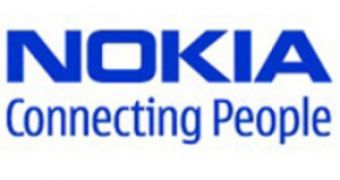Espoo, Finland-based mobile-phone maker Nokia and leading semiconductor company for mobile-phone solutions Infineon Technologies AG announced today that they teamed on the development of advanced radio frequency (RF) transceiver solutions. According to the duo, the agreement between them is aimed at the compatibility and interworking of advanced licensable baseband modem technologies from Nokia and leading RF solutions from Infineon.
Both Nokia and Infineon are set to work together on ensuring that there will be a seamless compatibility between the former's licensable modem designs and the latter's leading RF transceiver solutions. Moreover, they also aim at delivering complete modem solutions for the HSPA (High Speed Packet Access) and LTE (Long Term Evolution) standards.
Prof. Hermann Eul, member of the Infineon Management Board said, “We are grateful to expand our successful collaboration with Nokia beyond our current platform and RF activities. Pairing Nokia’s advanced modem technology and Infineon’s best in class RF transceiver solutions, will give the industry access to very competitive chipset solutions.” Pekka Sarlund, vice president, Wireless Modem, Nokia, added, “Taking advantage of each company's expertise as leaders in their respective fields, this cooperation will help to deliver standard-based, industry leading solutions for mobile internet devices.”
According to the two companies, the collaboration between them will involve the work between their teams on architectural and system challenges. The result of their partnership is expected to emerge in the form of a verified technology reference platform, Nokia and Infineon also add. The duo is also focused on driving the interface standardization for LTE-Advanced, which should enable achieving data speeds of up to 1Gbit/s. In case they manage to deliver to the market a validated system that will sport an open interface, the roll-out of new products will be significantly faster. Moreover, this will also result in an increased competition on the market for advanced modem chipsets, the two companies state.

 14 DAY TRIAL //
14 DAY TRIAL //